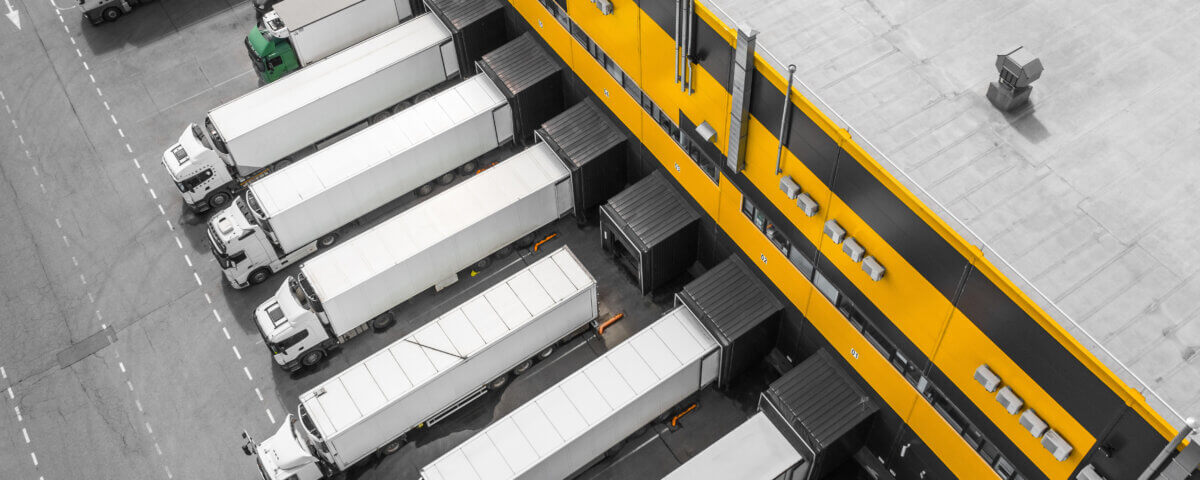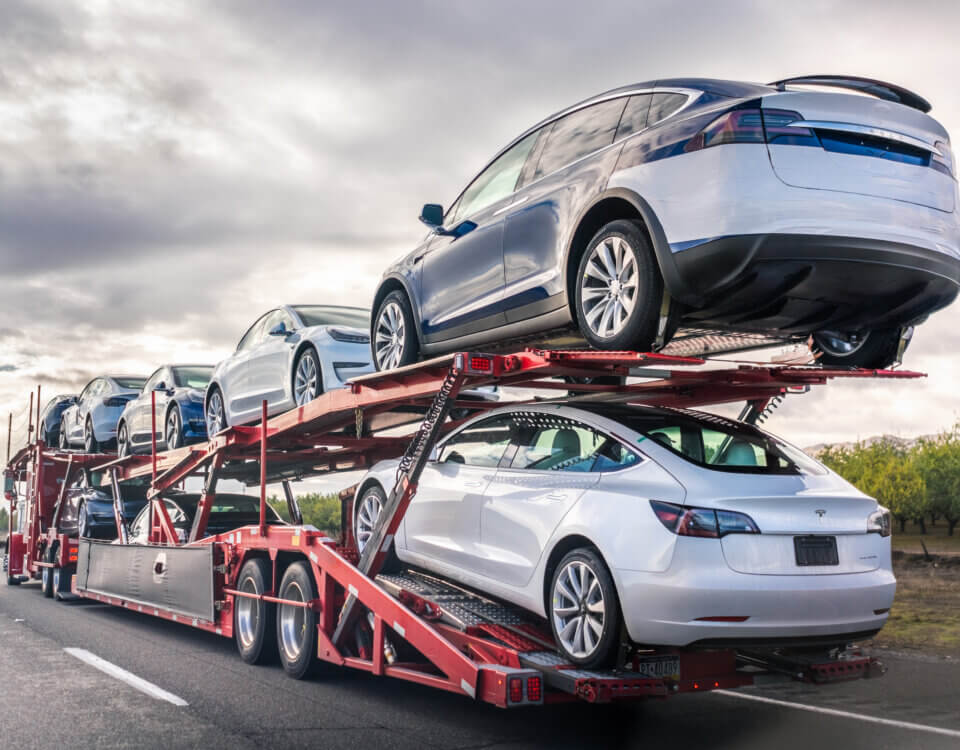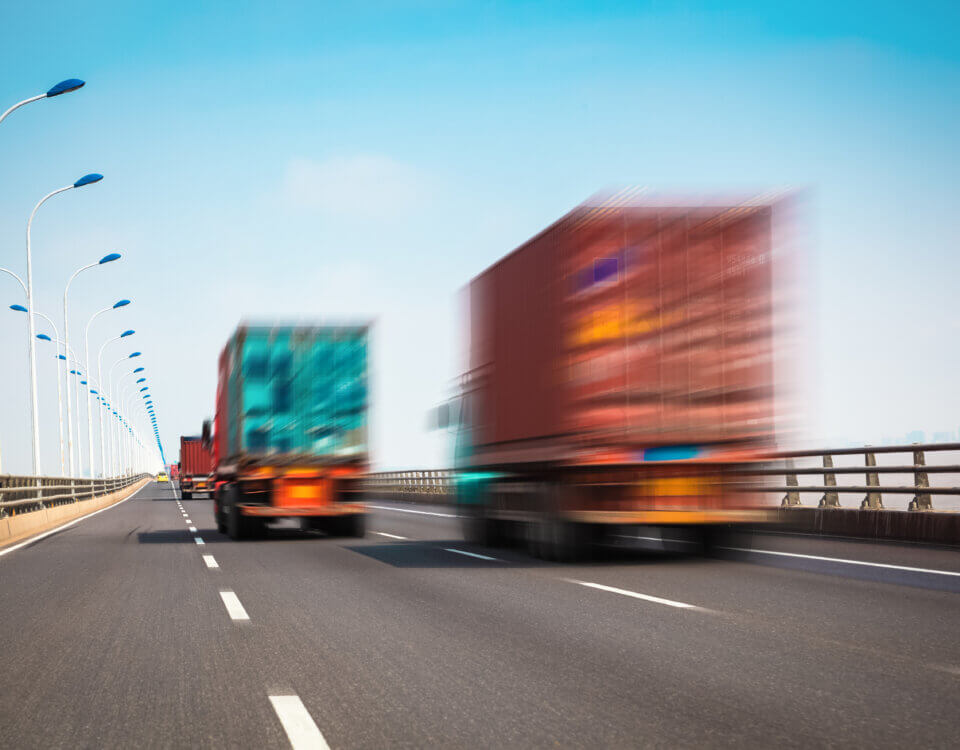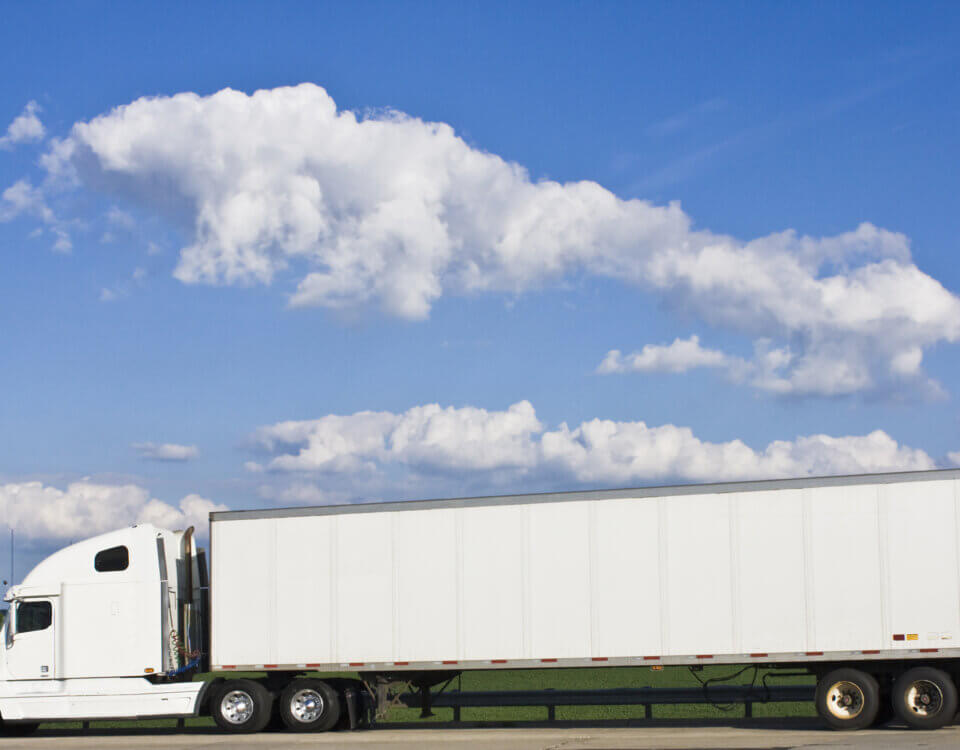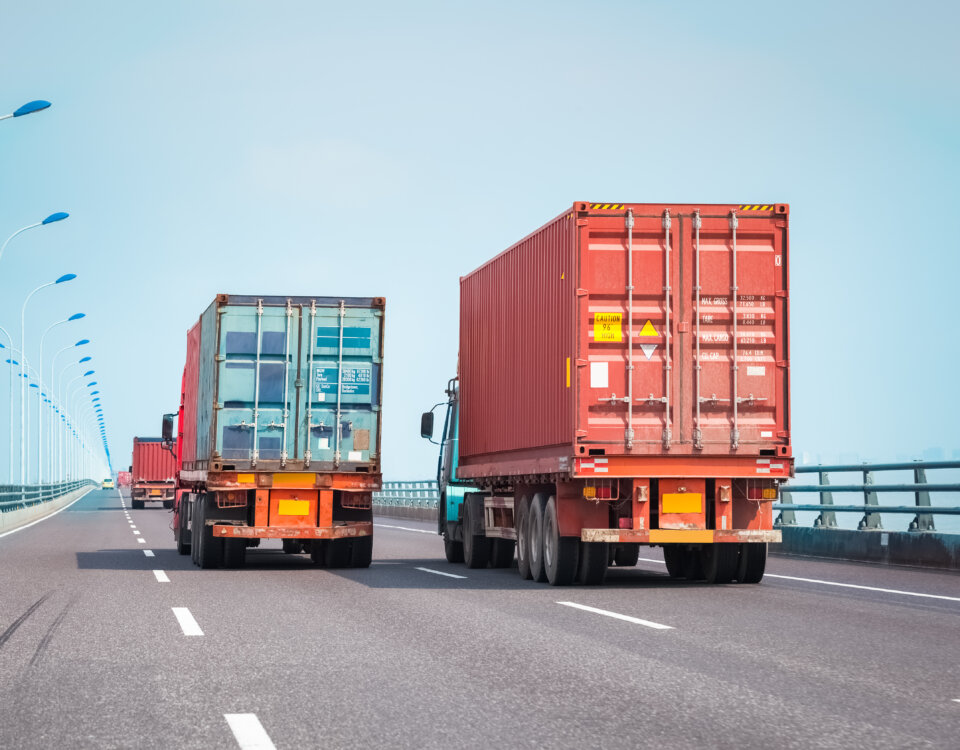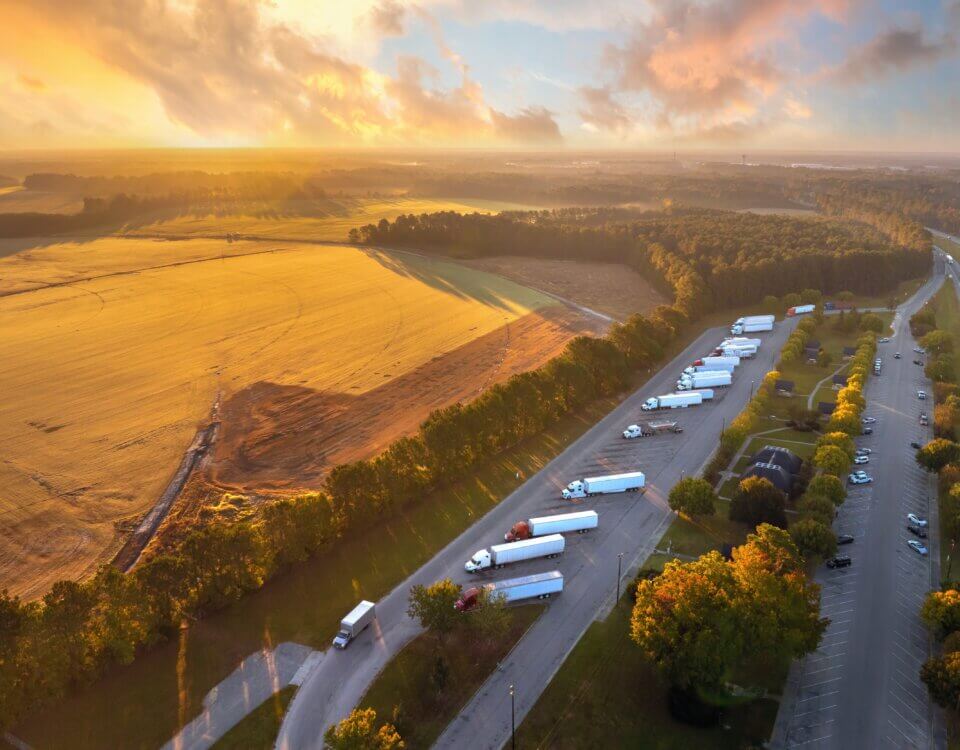Delivery trucks might be an important part of any city’s day-to-day, but their presence alone presents a risk for other road users. In the event of a crash involving an Oakland delivery service operator, Hillstone Law Accident & Injury Attorneys has the Oakland delivery truck accident lawyers you need on your side.
Why You Need an Oakland Delivery Truck Accident Attorney
Accidents involving delivery trucks can be complex, often involving multiple parties and intricate legal details. Having an experienced Oakland delivery truck accident attorney from Hillstone Law Accident & Injury Attorneys means access to comprehensive legal services, including:
- Thorough Investigation: We will investigate the accident scene, gather evidence such as police reports, witness statements, traffic camera footage, and vehicle maintenance records.
- Identification of Liable Parties: Delivery truck accidents can involve various responsible parties, including the truck driver, the trucking company, the vehicle manufacturer, or even third-party maintenance providers. We will identify all potentially liable entities to maximize your compensation.
- Accurate Damage Assessment: Our legal team will work with medical professionals and economic experts to accurately assess the full extent of your damages, including medical expenses, lost wages, pain and suffering, and future care costs.
- Skilled Negotiation: We will handle all communications and negotiations with insurance companies on your behalf, aiming for a fair settlement that fully compensates you for your losses.
- Aggressive Litigation: If a fair settlement cannot be reached through negotiation, we are prepared to take your case to court and vigorously represent your interests in a trial.
Causes of Delivery Truck Accidents in Oakland
Delivery truck accidents in Oakland can stem from various factors, often leading to serious injuries for those involved. Understanding these common causes is crucial for building a strong legal case:
Driver Error
Driver error is one of the leading causes of accidents across all vehicle types. Drivers may be fatigued, distracted (e.g., using cell phones), speeding, driving under the influence of drugs or alcohol, or making aggressive maneuvers.
Inexperienced drivers or those unfamiliar with Oakland’s specific road conditions can also contribute to accidents. This unfamiliarity can be especially problematic, given that delivery truck operators frequently cross city borders and even state lines, often traveling to places they hadn’t been.
Improperly Loaded Cargo
If cargo is not secured properly or is overloaded, it can shift during transit, causing the truck to become unstable, especially on turns or sudden stops. This can lead to rollovers, jackknifing, or the cargo spilling onto the road, creating hazards for other vehicles.
Depending on the logistics involved, liability for improperly loaded cargo can fall on the delivery company itself, say, if it was loaded at a sorting center, or another loading company, such as at a harbor.
Poor Maintenance
Neglecting regular maintenance can result in critical component failures. Issues such as faulty brakes, worn-out tires, malfunctioning steering systems, or broken lights can directly contribute to accidents and indicate negligence on the part of the trucking company or owner.
The truck owner is typically responsible for maintaining their vehicle, although some companies outsource upkeep to third parties. In these cases, the maintenance contractor can be held liable.
Defective Parts
Sometimes, accidents are caused by manufacturing defects in truck parts. A component, such as a brake system, tire, or engine part, might fail due to a design flaw or manufacturing error, leading to a loss of control for the driver.
Defective parts being found as a contributing factor to an accident often leads to claims against large companies. If the defect is found in entire lines of the product, there is potential for a class action lawsuit.
Poor Company Policy
Sometimes, the root cause of an accident can be traced back to the delivery company’s internal policies or practices. This can include:
- Unrealistic Delivery Schedules: Companies that impose excessively tight delivery deadlines may pressure drivers to speed, drive fatigued, or disregard hours of service rules to meet quotas.
- Inadequate Training: A lack of proper training for drivers, especially concerning vehicle handling, safety protocols, or specific routes, can lead to preventable accidents.
- Negligent Hiring Practices: If a company hires drivers with poor driving records, a history of substance abuse, or without proper licensing, it may be held liable for accidents caused by its employees’ negligence.
- Insufficient Maintenance Protocols: While poor maintenance itself can be a cause, the company’s policy (or lack thereof) regarding regular vehicle inspections and repairs can contribute to mechanical failures.
In such cases, the liability extends beyond the individual driver to the company itself, as their policies directly contribute to unsafe conditions on the road.
Defective Roadways
While less common, the condition of the road itself can play a role in delivery truck accidents. Potholes, uneven surfaces, inadequate signage, poor lighting, or confusing lane markings can create hazardous conditions, especially for large vehicles like delivery trucks.
When the road itself is the problem, accident victims can pursue claims against the local government body in charge of maintaining the infrastructure.
What Damages Can I Get for a Delivery Truck Accident?
As with most personal injury cases, delivery truck accidents typically involve some combination of three types of damages: economic, non-economic, and punitive damages.
Economic Damages
Economic damages refer to the calculable monetary losses incurred as a direct result of the accident. These damages are typically quantifiable and include:
- Medical Expenses: This covers all costs associated with your injuries, including emergency room visits, hospital stays, surgeries, doctor’s appointments, prescription medications, physical therapy, rehabilitation, and assistive devices.
- Lost Wages: This includes income you have lost due to being unable to work because of your injuries. It can also cover lost earning capacity if your injuries prevent you from returning to your previous job or working at the same capacity in the future.
- Property Damage: This covers the cost of repairing or replacing your vehicle or any other personal property damaged in the accident.
- Other Out-of-Pocket Expenses: This can include costs such as transportation to medical appointments, home modifications for accessibility, or the hiring of domestic help if you are unable to perform daily tasks due to your injuries.
Non-Economic Damages
Non-economic damages are intangible losses that are difficult to quantify with a specific monetary value but significantly impact the victim’s quality of life. These damages aim to compensate for the subjective consequences of the accident and can include:
- Pain and Suffering: This encompasses the physical pain and emotional distress caused by the injuries, including discomfort, agony, and mental anguish.
- Emotional Distress: This refers to the psychological impact of the accident, such as anxiety, depression, fear, PTSD, and other emotional trauma.
- Loss of Enjoyment of Life: This compensates for the inability to participate in activities, hobbies, and daily routines that the victim enjoyed before the accident due to their injuries.
- Loss of Consortium: In cases of severe injury or wrongful death, this refers to the loss of companionship, affection, intimacy, and other benefits of a relationship suffered by the victim’s spouse or family members.
- Disfigurement and Impairment: This accounts for permanent scarring, loss of a limb, or other physical disfigurements or impairments that affect the victim’s appearance or bodily function.
Punitive Damages
The third category of punitive damages is usually only awarded if a case makes it to trial. These damages are not intended to compensate the plaintiff for their losses, but serve to make an example of the defendant in order to deter similar actions in the future.
What to Do After an Oakland Delivery Truck Accident
After an Oakland delivery truck accident, it’s crucial to take specific steps to protect your health and legal rights.
Ensure Your Safety and Seek Medical Attention
Your immediate priority should be your well-being.
- Move to Safety: If possible and safe, move your vehicle to the side of the road or a safer location to avoid further collisions.
- Check for Injuries: Assess yourself and any passengers for injuries. Do not attempt to move any unconscious or immobile individuals without sufficient training, as this may worsen their condition or put your own safety at risk.
- Call 911: Contact emergency services immediately, requesting both police and paramedics. Wait for them at the scene and do not leave.
Gather Information at the Scene
If you are able, collect as much information as possible from the accident scene.
- Exchange Information: Get the truck driver’s name, contact information, driver’s license number, and insurance details. Also, note the delivery company’s name and contact information.
- Collect Witness Information: If there are witnesses, ask for their names and contact numbers. Their testimony can be crucial.
- Take Photos and Videos: Use your phone to take pictures and videos of the accident scene, including:
- Damage to all vehicles involved.
- The position of the vehicles.
- Any skid marks, road debris, or other relevant road conditions.
- Traffic signs or signals.
- The truck driver’s logbook or any visible company markings on the truck.
- Your injuries.
Consult an Oakland Delivery Truck Accident Lawyer
Before discussing your case extensively with insurance adjusters or signing any documents, consult with an Oakland personal injury lawyer experienced in truck accident claims.
- Protect Your Rights: An Oakland truck accident attorney can advise you on your legal rights and help you understand the complexities of a delivery truck accident claim.
- Deal with Insurance Companies: They can handle all communications and negotiations with insurance companies, ensuring you don’t inadvertently jeopardize your claim.
- Investigate and Build Your Case: A lawyer will thoroughly investigate the accident, gather crucial evidence, identify all liable parties, and accurately assess your damages.
What Is the Statute of Limitations for Oakland Delivery Truck Accident Claims?
California law sets a two-year statute of limitations for personal injury claims. That is, after most accidents, including those involving delivery operators, you normally have only two years to file a claim or take legal action.
If you miss this window, insurers are almost guaranteed to deny your claim, and courts will dismiss your case entirely.
That said, there are a few exceptions to the statute:
- Accidents involving the government: If the local government shares liability for the accident, victims have a maximum of six months to file a claim. You cannot make a claim against the government past this time limit, even if you file before the two-year statute expires.
- Accidents involving minors: If a victim of an accident is under the age of 18, the statute of limitations is tolled (delayed) until they turn 18. This affords minors ample time to file a claim, up to two years after their 18th birthday.
Choose Hillstone Law Accident & Injury Attorneys as Your Oakland Delivery Truck Accident Law Firm
When caught in the chaos after a truck accident, Hillstone Law Accident & Injury Attorneys has the legal specialists you need on your side at the ready. Our local presence has recovered millions for California accident victims over the course of nearly a decade.
We want to bring this level of dedication to you. Contact Hillstone Law today for a free consultation at (855) 691-1691 and get started with your claim.
Oakland Delivery Truck Accident FAQ
How long does a delivery truck accident claim take?
The duration of a delivery truck accident claim can vary significantly depending on the complexity of the case, the severity of injuries, and the willingness of all parties to negotiate. Simple cases might resolve in a few months, while more complex cases involving multiple liable parties or extensive damages could take a year or more, especially if they go to trial.
What if I was partially at fault for the accident?
California operates under a pure comparative negligence rule. This means that if you are found partially at fault for an accident, your compensation will be reduced by the percentage of your fault.
For example, if you are awarded $100,000 in damages but are found to be 20% at fault, you would receive $80,000. An attorney can help argue against exaggerated claims of your fault.
Do I have to go to court for a delivery truck accident claim?
Not necessarily. Many delivery truck accident claims are resolved through out-of-court settlements.
Our goal is always to achieve a fair settlement through negotiation with the insurance companies first. However, if a satisfactory agreement cannot be reached, we are fully prepared to take your case to court and litigate aggressively on your behalf.
Note: These blog posts are created solely for the use of Hillstone Law. The information is gathered from internet research, publicly available sources, and artificial intelligence (AI) tools such as ChatGPT. While we aim to share helpful and educational content, Hillstone Law does not independently verify every detail. Some information may be incomplete, outdated, or subject to change without notice. If you believe any part of a post is inaccurate, misleading, or infringes upon copyright, please contact Hillstone Law immediately so we can review it and take appropriate action, including correction or removal.
Disclaimer: The material provided in these blogs is for general informational purposes only and should not be considered legal advice. Reading these posts does not create, and is not intended to create, an attorney-client relationship with Hillstone Law. Our intent is to share knowledge, raise awareness, and provide helpful resources to the public; however, Hillstone Law makes no warranties or guarantees about the accuracy, completeness, or reliability of the information provided, and expressly disclaims liability for any actions taken in reliance on it. The photos used in these posts are for illustrative purposes only and do not depict actual clients, individuals, or incidents unless expressly stated. If you or a loved one has been injured in an accident, please contact Hillstone Law at (855) 691-1691. Our attorneys are available to answer your legal questions and help you understand your rights.

